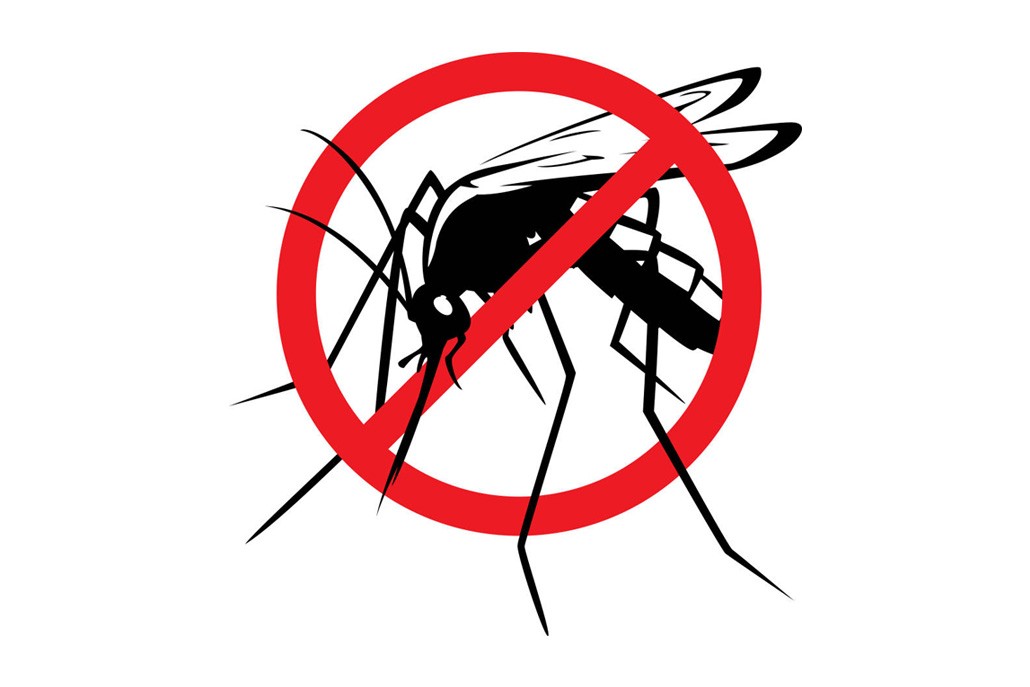Malaria: A South African Outbreak and Travelling these Holidays
The holiday season is fast approaching and a lot of us will be hitting the road to some far off place for some much need rest and relaxation, and while we always trust our readers and customers to travel safely and consciously, there are also new concerns around for this season.
Specifically the rise of a malaria outbreak in Mpumalanga and Limpopo, both are South African provinces that increase in tourism over the holiday season and now, both have had reports of new malaria infections in the region.
The National Institute for Communicable Diseases (NICD) says residents of malaria transmission areas in Limpopo and Mpumalanga need to have an urgent blood test if they have fever or flu like symptoms.
The NICD alerted recently that the areas affected included: Vhemba and Mopani districts of Limpopo as well some farms along the Lephalala River in Waterburg and in Bushbuckridge in Mpumalanga.
It has been a busy 2017 malaria season in the southern African region‚ which peaked in April and May and extended into June.
High rainfall‚ humidity and ambient temperatures had provided ideal conditions for malaria mosquito breeding.
South Africa’s health department is ensuring that affected areas are sprayed with long-acting residual insecticides and affected communities are made aware of the risks of contracting the disease.
While the infected locations are small compared to other countries, being aware of the locations of the outbreaks and what precautions to take are essential to not only have an enjoyable holiday, but maintain your sustained health while traveling.
Malaria is a life-threatening disease caused by parasites that are transmitted to people through the bites of infected mosquitoes‚ which generally bite at night. It is preventable‚ treatable and curable.
Symptoms‚ which appear 10 to 5 days after being bitten‚ include fever‚ headache‚ chills and vomiting.
If you are traveling to these locations this holiday session, it would be a good precaution to consult your local general practitioner on malaria prophylaxis and other precautions before traveling, while also ensuring you adjust your travel activities accordingly.
If you are traveling and happen to be heading toward to Limpopo or Mpumalanga, note that symptoms of malaria can develop within seven days after infection, but can take up to eighteen days before symptoms appear.
If you are in a location where you are unable to reach a medical facility, contact our support hotline available 24 hours a day: 086 1960 960




